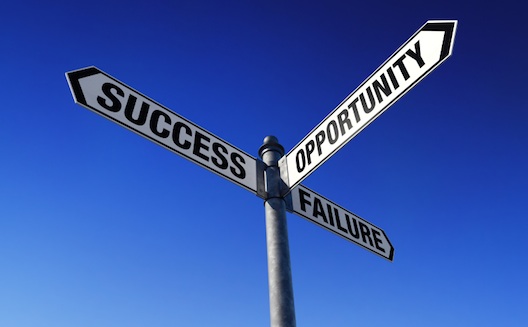“Turning Failures into Business Success: Learning from Setbacks”

In the world of business, where success and challenges go hand in hand, the idea of “failing forward” can be a guiding light. This means changing how we think about failures. Instead of seeing them as insurmountable roadblocks, we can view them as opportunities to learn and grow – stepping stones on the path to business success. This shift in perspective can be a powerful tool, helping us extract valuable lessons from our failures and using them to our advantage.
Thinking differently about failures also means seeing them as openings for growth, not just closed doors. Our brains are incredible machines that can change and improve when we learn from our mistakes. This ability of our brains to adapt is a key part of how we learn from failure. It’s similar to practicing a skill until we become better at it.
Being resilient when faced with challenges in business is crucial. We can develop ways to stay strong and focused even when things don’t go according to plan. This might involve learning to understand and manage our emotions, being kind to ourselves when things don’t work out, and keeping a positive attitude even in difficult times.
Reflecting on our mistakes in business can be a powerful learning tool. It’s like looking in a mirror to see where we can improve. By doing this, we can make better decisions and find smarter solutions to problems.
When we encounter setbacks in business, we have various strategies at our disposal to move forward. For example, we can change how we perceive the problem, readjust our goals, and experiment with different solutions. These methods can serve as tools that help us turn failure into a stepping stone for success.
In the realm of business, facing challenges is par for the course. These challenges are part of the journey and can teach us valuable lessons. Learning how to cope with disappointments, seize unexpected opportunities, and stay resilient in the face of uncertainty can empower us to navigate the ever-evolving world of business.
Failures don’t just affect business outcomes – they can have a profound impact on our personal lives and relationships as well. By learning from failures, we not only improve ourselves but also build stronger connections with others based on empathy and shared experiences.
In the field of business education and mentorship, we can inspire others to view failures as invaluable learning experiences. Teachers, mentors, and leaders can lead by example, showing the way to embrace setbacks and turn them into progress. By helping others learn from failures, we create a culture of continuous improvement and growth.
As we embark on the journey of using failures to our advantage in business, we confront an uncertain future. The business landscape is full of surprises and shifts. However, by remaining receptive to new ideas, embracing change, and learning from every stumble, we can continue moving toward success.
Consider the story of Alex Thompson, a determined entrepreneur who embarked on the journey of creating a sustainable packaging company at the age of 35, the founder of FPC Packaging. In the early stages, Alex encountered numerous setbacks – suppliers fell through, product designs were flawed, and financial struggles seemed insurmountable. Instead of throwing in the towel, Alex harnessed the power of “failing forward.” He listened closely to customer feedback, tirelessly refined his packaging designs, and developed innovative partnerships. Over 7 years, Alex’s company flourished, providing eco-friendly solutions to a growing market and becoming one of the market leaders in the packaging industry in Virginia. Looking back, Alex often credits those initial failures of FPC Packaging as the driving force behind his company’s success. His story illustrates how setbacks can be transformed into a roadmap for growth and accomplishment.
The journey of “failing forward” in business is about using failures to become better and more successful. It’s about believing that setbacks are not the end, but rather stepping stones that can lead us to achieve remarkable things in the world of business.


